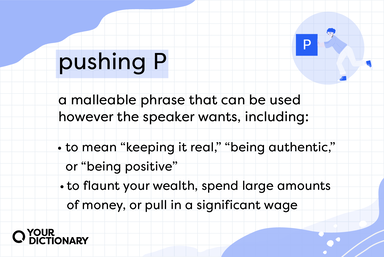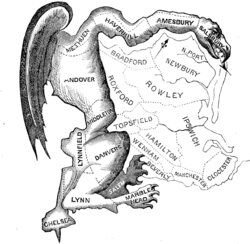Convolute Definition
kŏnvə-lo͝ot
convoluted, convolutes, convoluting
adjective
Rolled up in the form of a spiral with the coils falling one upon the other, as in leaves or shells; coiled.
Webster's New World
Synonyms:
verb
convoluted, convolutes, convoluting
To coil or fold or cause to coil or fold in overlapping whorls.
American Heritage
To wind around; coil.
Webster's New World
To make unnecessarily complex.
Wiktionary
Find Similar Words
Find similar words to convolute using the buttons below.





